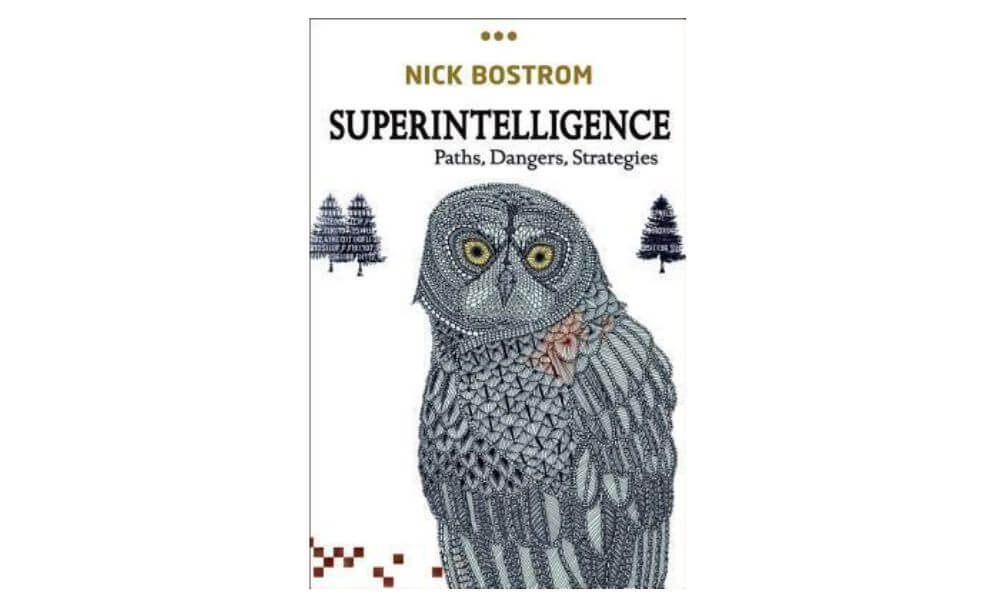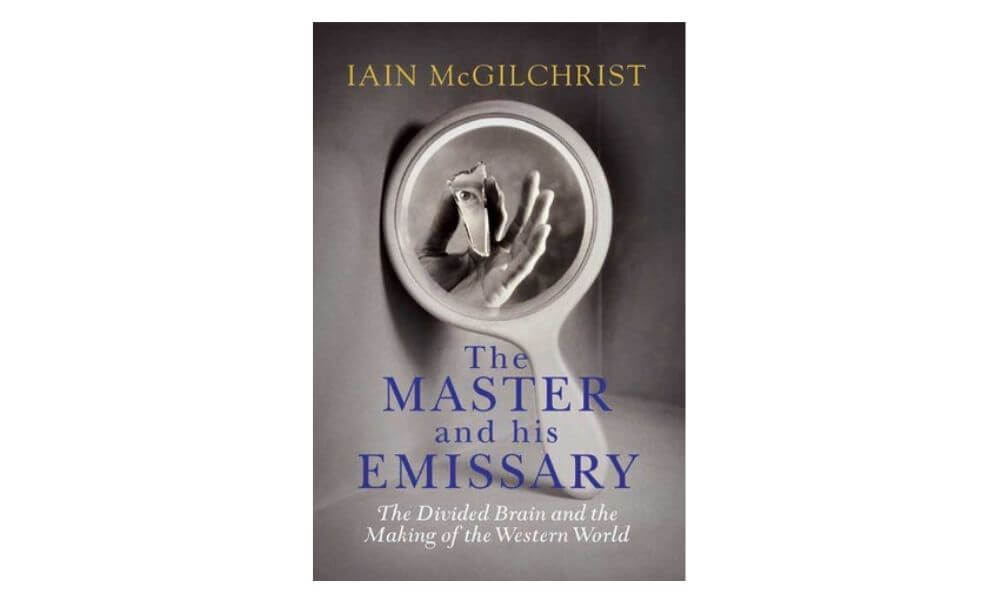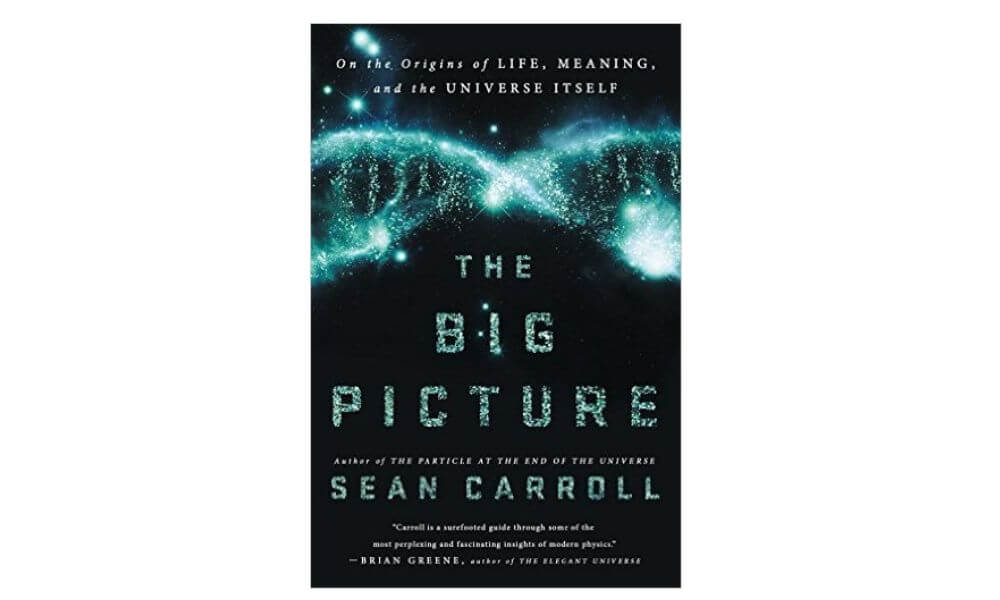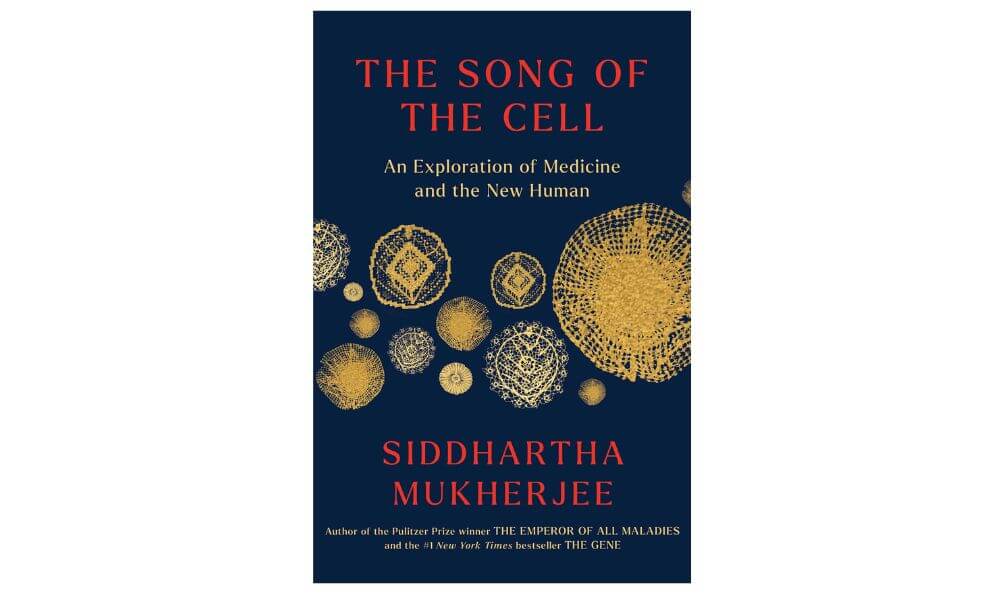In a world full of distractions and quick trends, books still hold a special place for those who love to learn and think. Whether you’re already a big reader or just starting out, finding the right books can be exciting.
In this list, we’ve picked five amazing books that are both fun to read and make you think deeply. These books have been around for a while, but they still capture the imagination of readers everywhere.
These books cover a wide range of topics, from big ideas about life and the universe to how people behave and what’s real. They’ll take you on a journey of discovery and make you ponder some big questions.
Note: These books may not have been huge hits, but we believe that anyone who considers themselves intelligent should read them. It’s up to you to choose which ones you prefer. We think these five books are great, but everyone has different tastes, and some people might not like them at all. We like them, we’re sharing them with you. We’d love to hear from you in the comments about which ones you choose, and if you have any other book suggestions, please do share. All Books are above 4.5/5 Rated.
So, let’s dive in and explore these five books that smart people will find fascinating.
5. Superintelligence:

“Superintelligence,” published in 2014, has already solidified its status as a cult classic. For those who are just now catching wind of it, the book delves into the serious and pragmatic exploration of the potential risks posed by the emergence of machines that surpass human intelligence, a scenario likely to unfold in the near to medium-term future.
Nick Bostrom, the author, brings substantial qualifications to the table. Heading the Future of Humanity Institute at Oxford while also serving as a professor in the philosophy department, Bostrom possesses extensive knowledge in the field and is well-connected.
Endorsements from influential figures such as Bill Gates, Elon Musk, Martin Rees, and Stuart Russell grace the cover, while individuals like Demis Hassabis, CEO of Google’s DeepMind, are acknowledged within the text. Given Bostrom’s impressive background and commendations, it’s reasonable to take his insights seriously. So, what does Bostrom convey in “Superintelligence”? Let’s Find Out
4. The Master and his Emissary:

“The Master and his Emissary” stands out as one of the most captivating and enlightening books of this century. I strongly advocate experiencing the audible version multiple times before delving into the written text.
Within its pages, the book navigates through a myriad of subjects, approaching them from various perspectives and drawing from diverse fields of expertise, often challenging the boundaries set by academic disciplines.
It serves as a remarkable amalgamation of literary prowess, scientific inquiry, and philosophical exploration, offering numerous plausible explanations for the complex and troubling predicaments of our times.
3. The Big Picture:

The instant New York Times bestseller about humanity’s place in the universe—and how we understand it.
Already internationally acclaimed for his elegant, lucid writing on the most challenging notions in modern physics, Sean Carroll is emerging as one of the greatest humanist thinkers of his generation as he brings his extraordinary intellect to bear not only on Higgs bosons and extra dimensions but now also on our deepest personal questions: Where are we? Who are we? Are our emotions, our beliefs, and our hopes and dreams ultimately meaningless out there in the void? Do human purpose and meaning fit into a scientific worldview?
In short chapters filled with intriguing historical anecdotes, personal asides, and rigorous exposition, readers learn the difference between how the world works at the quantum level, the cosmic level, and the human level—and then how each connects to the other.
Carroll’s presentation of the principles that have guided the scientific revolution from Darwin and Einstein to the origins of life, consciousness, and the universe is dazzlingly unique.
Carroll shows how an avalanche of discoveries in the past few hundred years has changed our world and what really matters to us. Our lives are dwarfed like never before by the immensity of space and time, but they are redeemed by our capacity to comprehend it and give it meaning.
The Big Picture is an unprecedented scientific worldview, a tour de force that will sit on shelves alongside the works of Stephen Hawking, Carl Sagan, Daniel Dennett, and E. O. Wilson for years to come.
2. Philosophy In The Flesh:

This book talks about how what we’ve learned from science over many years shows that many ideas philosophers have had for thousands of years are wrong.
It says we need to change our thinking and update our ideas based on new knowledge. Our understanding of the world is growing fast, but our old ideas are holding us back. The book suggests we need to completely rethink how we see the world and use new scientific findings to shape our thoughts.
If we don’t, we’ll be stuck with old and wrong ideas that stop us from moving forward. The book’s title, “Philosophy in the Flesh,” shows that it challenges the old way of thinking. Traditional philosophy separates the mind from the body, but modern research shows they’re closely linked in the brain.
It compares this change in thinking to when Galileo showed that old ideas about the planets were wrong. The book is good for anyone interested in seeing how our views on nature, the mind, and ourselves have changed over time.
Whether you agree or not, the authors challenge us to think differently, instead of ignoring new ideas like some people do in science, history, and philosophy.
1. The Song of the Cell:

Winner of the 2023 PROSE Award for Excellence in Biological and Life Sciences and the 2023 Chautauqua Prize!
Named a New York Times Notable Book and a Best Book of the Year by The Economist, Oprah Daily, BookPage, Book Riot, the New York Public Library, and more!
Mukherjee begins this magnificent story in the late 1600s, when a distinguished English polymath, Robert Hooke, and an eccentric Dutch cloth-merchant, Antonie van Leeuwenhoek looked down their handmade microscopes.
What they saw introduced a radical concept that swept through biology and medicine, touching virtually every aspect of the two sciences, and altering both forever. It was the fact that complex living organisms are assemblages of tiny, self-contained, self-regulating units. Our organs, our physiology, our selves—hearts, blood, brains—are built from these compartments. Hooke christened them “cells.”
The discovery of cells—and the reframing of the human body as a cellular ecosystem—announced the birth of a new kind of medicine based on the therapeutic manipulations of cells.
A hip fracture, a cardiac arrest, Alzheimer’s dementia, AIDS, pneumonia, lung cancer, kidney failure, arthritis, COVID pneumonia—all could be reconceived as the results of cells, or systems of cells, functioning abnormally. And all could be perceived as loci of cellular therapies.
Filled with writing so vivid, lucid, and suspenseful that complex science becomes thrilling, The Song of the Cell tells the story of how scientists discovered cells, began to understand them, and are now using that knowledge to create new humans.
Told in six parts, and laced with Mukherjee’s own experience as a researcher, a doctor, and a prolific reader, The Song of the Cell is both panoramic and intimate—a masterpiece on what it means to be human.
“In an account both lyrical and capacious, Mukherjee takes us through an evolution of human understanding: from the seventeenth-century discovery that humans are made up of cells to our cutting-edge technologies for manipulating and deploying cells for therapeutic purposes” (The New Yorker).
